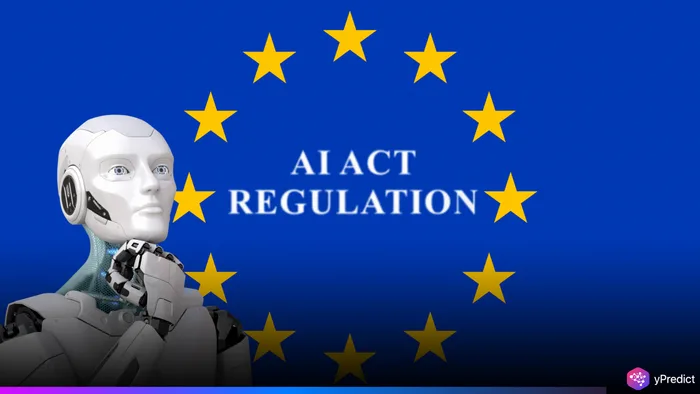
The European Union’s Artificial Intelligence Act, the world’s first sweeping AI regulation is set to take full effect by August 2026, bringing with it a new global benchmark for AI transparency, safety, and human oversight.
EU AI Act
Finalized in late 2023, the EU AI Act applies to any company operating in or targeting consumers within the EU, including U.S. tech firms. It categorizes AI systems into four risk levels: minimal risk (e.g., spam filters), limited risk (e.g., chatbots) requiring transparency, high risk (e.g., hiring or credit scoring) needing strict oversight, and unacceptable risk (e.g., real-time biometric surveillance), which are banned.
Since February 2025, bans on unacceptable uses have been in force. Upcoming rules for general-purpose AI models like ChatGPT will also require training data summaries and compliance with EU copyright laws.
Why U.S. Businesses Should Care
The EU AI Act’s extraterritorial scope means U.S. companies serving EU users must comply or risk fines of up to 7% of global revenue. “This is GDPR for algorithms,” says AI consultant Peter Swain.
To meet the law’s demands, companies must document how their AI systems work, ensure human oversight in decision-making, label AI-generated content, and prepare for audits and enforcement. Experts say the rollout mirrors the GDPR experience marked by early confusion, legal adjustments, and eventual acceptance.
What It Means for U.S. Consumers
Despite the EU AI Act having no direct impact on American consumers, it is anticipated that they will enjoy some benefits as a result of multinational technology companies making changes to align with EU standards.
Any effort by companies to meet EU standards is likely to lead to clearer disclosures when AI affects decision-making, more detailed explanations and relevant accountability, and increased transparency regarding the usage of data. As Peter Swain, an AI consultant, noted: “Once Americans taste that transparency, they’ll want it everywhere.”
Will the U.S. Create Similar AI Laws?
The U.S. is far from adopting a federal AI law like the EU’s. However, states like Colorado, California, and Tennessee have begun passing AI-related legislation. A 10-year federal moratorium on state AI laws is under consideration, backed by lobbying from major tech firms.
Legal experts say a patchwork of sector-specific, state-level regulations may dominate the near future unless federal guidelines emerge.
What Small Businesses Should Do Now
Experts urge U.S. businesses, especially those serving EU customers, to start aligning with the EU AI Act now to future-proof operations. This includes creating “Model Safety Data Sheets” that detail each AI tool’s purpose, training data, and risks.
Rather than seeing compliance as a burden, companies are encouraged to treat it as a way to build user trust. As Peter Swain puts it, “Smart small businesses should calibrate to the strictest standard the EU once, then sell anywhere.”
Conclusion
The EU AI Act could reshape how companies build, deploy, and disclose AI systems. Even without a matching U.S. law, the global influence of European regulation is already pushing American businesses to rethink their AI strategies especially in high-risk sectors like hiring, credit, and public safety.
Whether it’s a burden or a competitive edge will depend on how quickly companies adapt to a future of ethical, explainable, and transparent AI.






